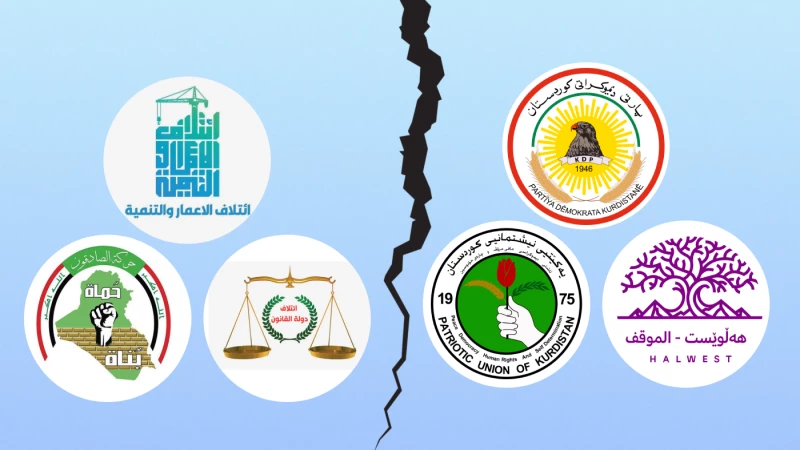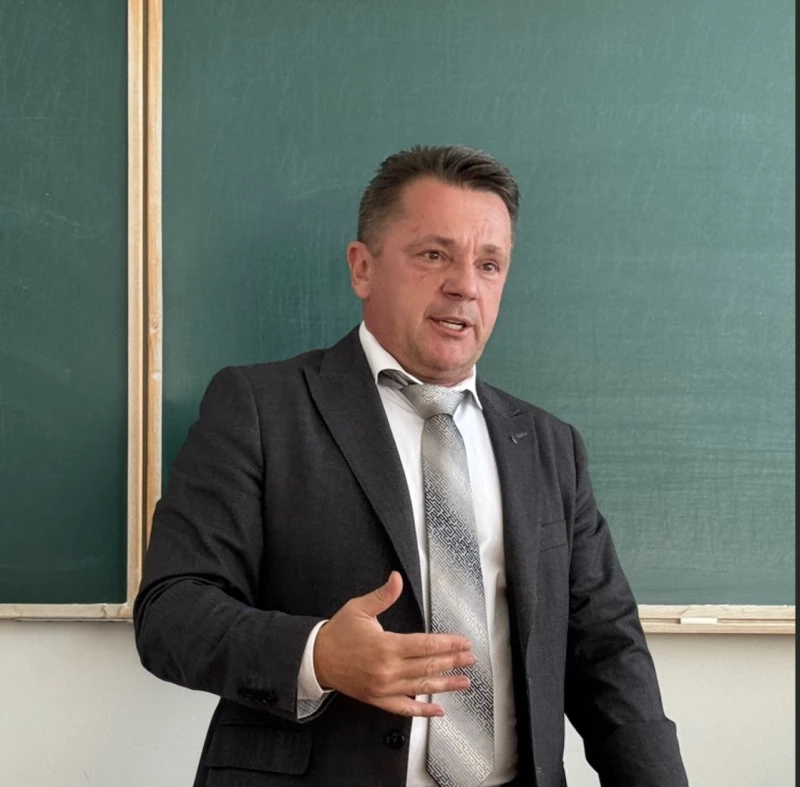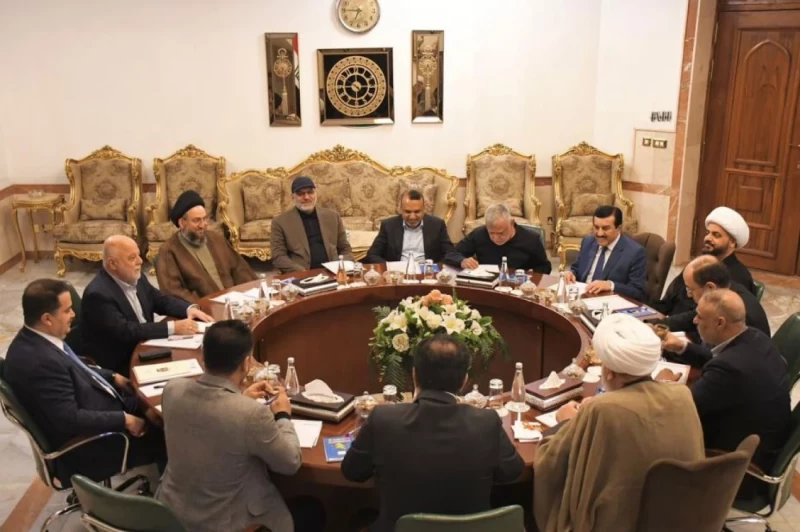Although all documents and historical and factual evidence confirm that Kirkuk is part of the Iraqi Kurdistan’s territory, the governorate is still under the administration of Baghdad and is not affiliated with the Kurdish authority in the Kurdistan Region.
After the fall of Saddam's regime in 2003, Kirkuk witnessed a large political presence of Kurdish parties, especially the Patriotic Union of Kurdistan (PUK), who governed the city after the fall of Saddam until the events of October 16, 2017.
However, this authority and this Kurdish presence were unable to resolve the issue of Kirkuk, which is considered as one of the disputed areas according to the Iraqi constitution, and the Kurds believe that it is part of Kurdistan and must be annexed to their region.
The prominent Kurdish politician, Muhammad Haji Mahmoud, criticizes the Kurdish authorities and parties, placing on them the historical responsibility for not resolving the Kirkuk issue in recent years.
He asserts in more than one statement and media interview that the two parties, the PUK and the KDP, had broad power in Kirkuk in recent years, but despite this, they did not take the initiative to hold a general referendum in the province in order to determine the fate of Kirkuk, as stated in Article 140 of the Iraqi Constitution.
Haji Mahmoud, head of the Kurdistan Social Democratic Party, believes that the two parties had to hold a popular referendum in the first years after the fall of the former regime, as the Kurds had an absolute majority in the governorate and had the lion’s share in the administrations and councils of Kirkuk and most of the areas considered disputed in the Iraqi constitution.
Despite this, the referendum held in the Kurdistan Region, in which Kirkuk Governorate participated, in 2017, may be the only legal and constitutional measure proving that Kirkuk is part of the Kurdistan Region.
The recent elections
Although the Kurds - as a component - obtained first place according to the results of the Kirkuk Provincial Council elections on December 18, 2023, with 7 seats, this is not enough to return power to this component, which is now suffering from military pressure and attempts to expel families from their homes, as it is happening in the Kurdish neighborhood of Newroz these days, where the Iraqi army took the initiative to expel a group of Kurdish families from their homes under the pretext of “transgression.”
Deciding on the position of governor of Kirkuk requires 9 out of 16 seats, and the Kurds were unable to collect the required amount of seats due to the lack of a unified Kurdish list in the elections, which led to the loss of many votes from Kurdish voters who voted for parties and lists that could not reach the amount of votes required to win a seat.
Although the PUK was the main winner in the elections, the electoral law stipulates that the largest bloc in the Provincial Council, as well as in the parliament, is the one that decides the position of governor.
So far, the winning parties and lists have not been able to form the largest bloc, which raises fears of the fall of the province in the vortex of the constitutional vacuum.
However, some observers believe that the position of the governor of Kirkuk will not be returned to the Kurdish component again because this is what the Shiite parties, Turkey and Iran, who interfere in Iraqi affairs in general and Kirkuk in particular through loyalist parties, do not want.
Observers expect that the situation in Kirkuk will be an extension of the events of October 16, so the Kurds are the main losers of the election if the two Kurdish parties do not decide the position of governor in their favor.
The issue of Kirkuk, for this component, is not only a question of position, but rather a historical and political issue linked to the Kurdish liberation movement.
Therefore, the extension of the October 16 situation will be a danger to the future of Kirkuk from the Kurdish point of view, and returning the position of governor will have important political significance.
Kurdish sheikhs and clans gathered a few days ago and denounced the arbitrary actions carried out by Iraqi forces against Kurdish families in the Newroz neighborhood and their expulsion from their homes.
The sheikh of the Zangana clan, one of the Kurdish clans of Kirkuk, denounced the events and called on the Kurdish parties to unite and stand with one hand in the face of these practices.
He criticized the intra-Kurdish differences and said in a popular sit-in that these differences are the reason for the decline in power, so they must unite and reject the differences.
Hassan Mahmoud, a Kurdish historian, believes that “the cemeteries are considered one of the important indicators for knowing history and identity of cities, and the Sheikh Muhaydin cemetery in Kirkuk is one of the ancient cemeteries that contains Kurdish tombs and dates back to five hundred years ago and more, as all the cemeteries for the Kurds, it is the best evidence of the Kurdish identity of this city.”
But I wonder, what can the dead do for Kirkuk that the living cannot do?

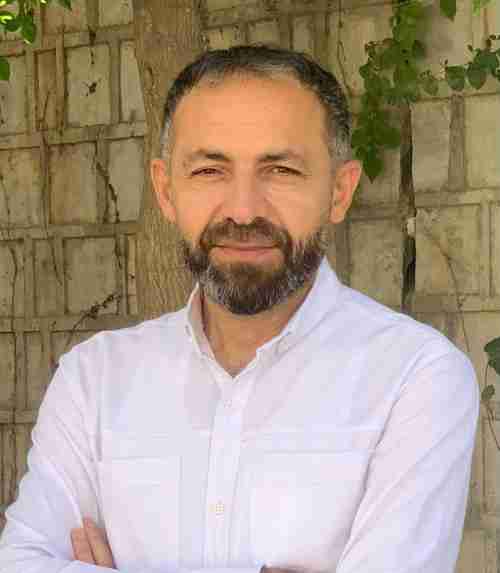
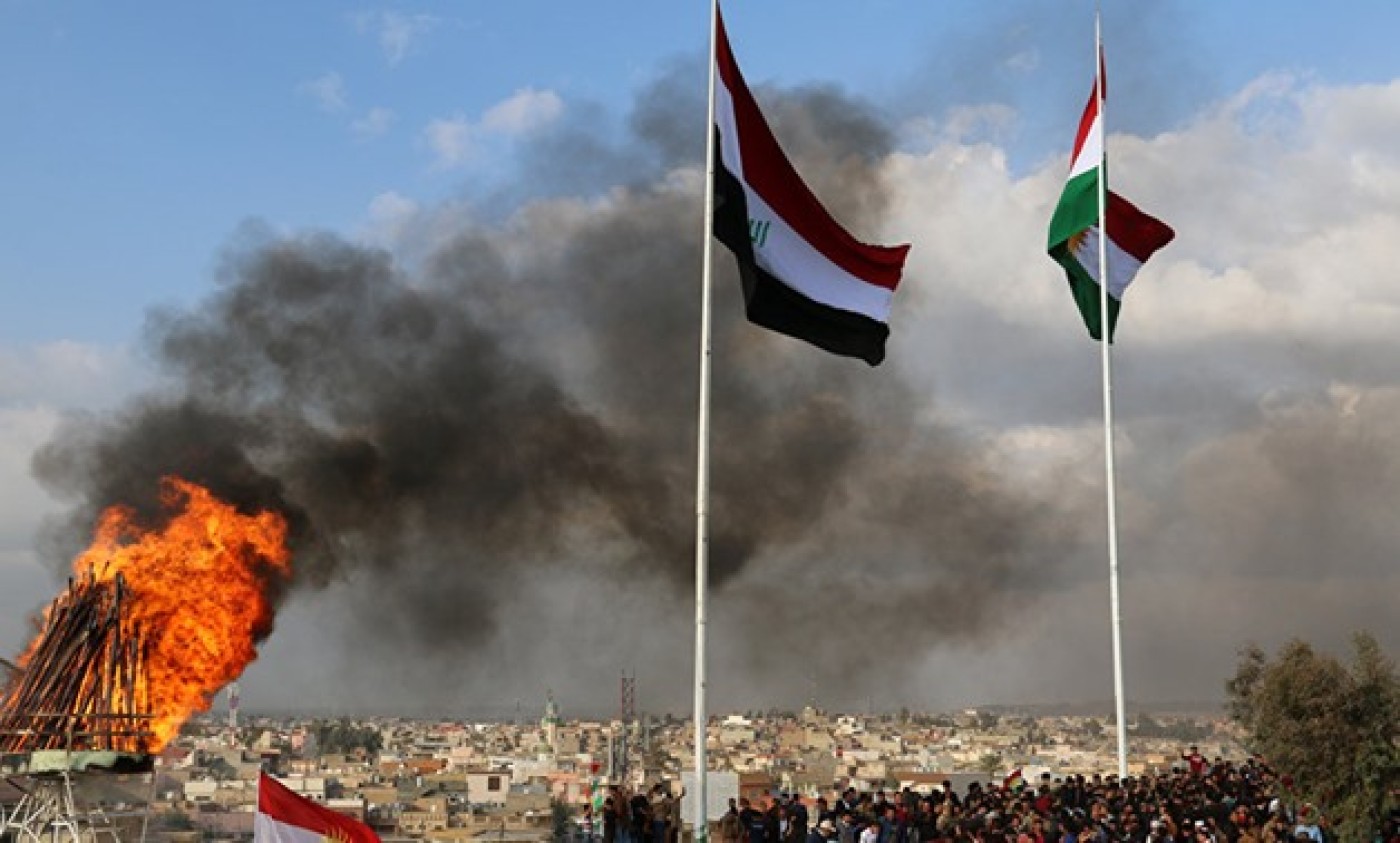
 Facebook
Facebook
 LinkedIn
LinkedIn
 Telegram
Telegram
 X
X
